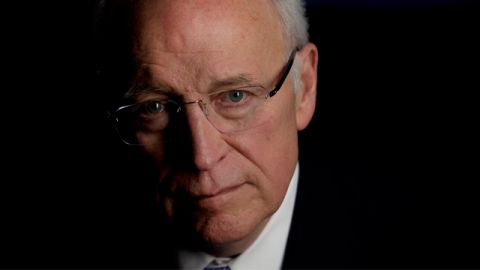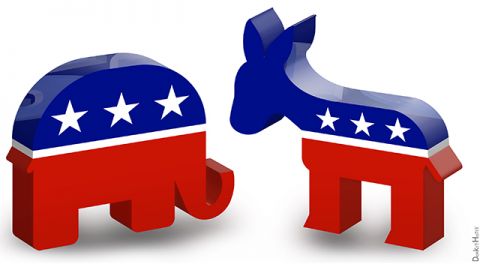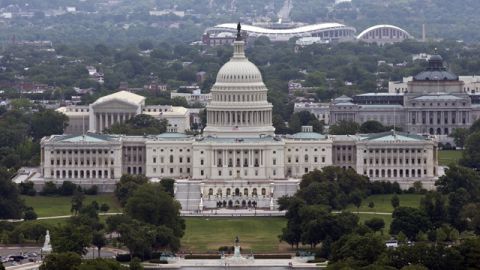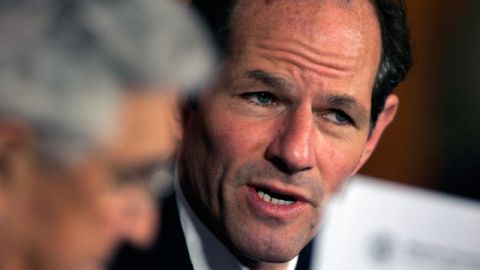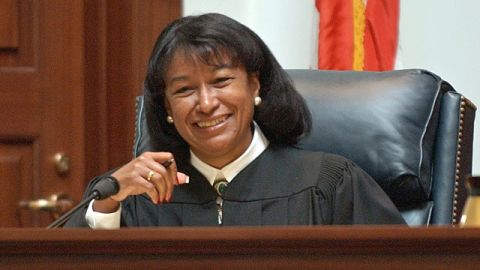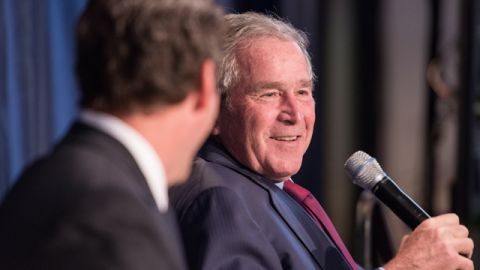- April 23, 2004 | NOWA look at American and British media's failure to question the narratives provided by their governments, and the Sierra Club's efforts to expose Dick Cheney's relationships with energy insiders while writing energy policy.
- March 12, 2004 | NOWThis NOW episode offers frank insight into the complicated psyche of the 'Where the Wild Things Are' author.
- February 13, 2004 | NOWTalk radio's power to influence policy and and shape elections, indecency on the airwaves and the truth behind the tax code.
- January 30, 2004 | NOWAn investigation into the back-room deals giving Big Media more control than ever over what Americans consume and read, and a look at what it would take for Democrats to reclaim the South.
- January 16, 2004 | NOWBill talks with journalists who wrote a behind-the-scenes book on the media, invented fact-check style journalism and defied gender barriers.
- December 12, 2003 | NOWAn investigation into how diminished government transparency leaves the public — and democracy — at risk, and conversations with Pulitzer winner Dorothy Rabinowitz and NY Attorney General Eliot Spitzer.
- November 7, 2003 | NOWThe largely unnoticed battles of wounded veterans, the relationship between Big Media conglomerates and government, and myths about productivity, professional mobility and the middle class.
- October 31, 2003 | NOWThe bitter battle over President Bush's nominee for the US Court of Appeals for the DC Circuit, a conversation with the man at the helm of The Economist, and the political effects of piety in government.
- October 10, 2003 | NOWThe possible hidden agendas of some faith-based charities, a discussion of corporate reform with the founder of Vanguard Group, and writer John Ridley on the intersection of politics and entertainment.
- August 22, 2003 | NOW
This episode of NOW reported on an attack on the UN headquarters in Iraq and what it might mean for the rebuilding of Iraq. Next up, a trend in local cable systems becoming part of big media conglomerates caused many to worry that cable companies were no longer interested in addressing the needs of local communities. At the time, community access to media provided millions of Americans with educational opportunity, access to local government, and ...

